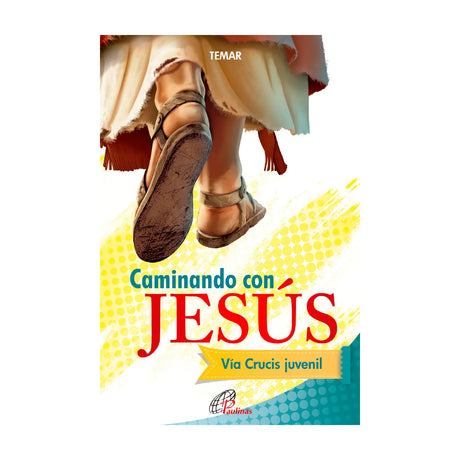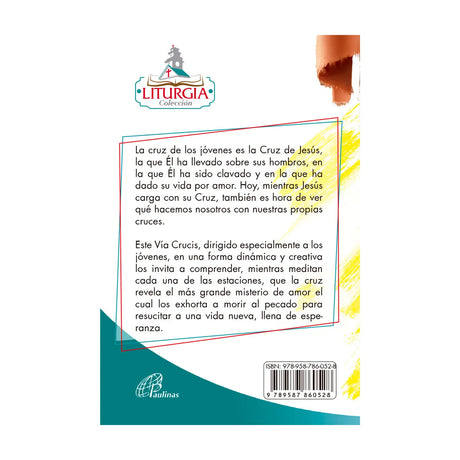On the eve of the opening of the second session of the 16th Ordinary General Assembly of the Synod of Bishops, the Pontiff expressed his shame for the sins committed by the Church, asked forgiveness from God and the victims, and stressed the importance of reconciliation to restore trust.
"Here we are beggars for the Father's mercy." In this spirit, emphasized by Pope Francis in his reflection, the penitential vigil was held this Tuesday afternoon, October 1st, in St. Peter's Basilica, just hours before the opening of the second session of the 16th Ordinary General Assembly of the Synod of Bishops.
After hearing the testimonies of a survivor of sexual abuse, a volunteer committed to welcoming migrants, and a religious woman originally from Syria, recounting the tragedy of war, Francis asserted: "The Church is always the Church of the poor in spirit and of sinners who seek forgiveness, and not only of the just and the saints, but rather of the just and the saints who recognize themselves as poor and sinners."
He also commented that he wanted to write the requests for forgiveness, read by some cardinals, because it was necessary to address our greatest sins by name. "And we hide them or use overly polite words," he added. Indeed, seven cardinals asked for forgiveness for the sins against peace, creation, indigenous peoples, and migrants; the sin of abuse; the sin against women, the family, and young people; the sin of doctrine being used as a stone to be thrown; the sin against poverty; and the sin against synodality, understood as the lack of listening, communion, and participation of all.
The Pontiff stated that sin "is always a wound in relationships: the relationship with God and the relationship with one's brothers and sisters." Once again, he reiterated that "no one is saved alone, but it is equally true that the sin of one unleashes effects on many: just as everything is connected in good, so too is everything connected in evil."
The Bishop of Rome affirmed that the Church, in its essence of faith and proclamation, is always relational, and only by healing sick relationships can we become a synodal Church. "How could we be credible in our mission if we do not acknowledge our errors and stoop to healing the wounds we have caused with our sins?" he asked.

Penitential Vigil, October 1, 2024. (Vatican Media)
Break with hypocrisy and pride
What does he expect from God? He expects a reward for his merits, and so he deprives himself of the surprise of the gratuitousness of salvation, creating a god who could do nothing but sign a certificate of presumed perfection. A man closed to surprise, closed to all surprises. He is closed in on himself, closed to the great surprise of mercy. His ego leaves no room for anything or anyone, not even God.
Then, the Successor of Peter addressed all the People of God with some questions for meditation:
“How many times in the Church do we behave like this? How many times have we occupied all the space ourselves, with our words, our judgments, our titles, our conviction that only we have merit? And so we perpetuate what happened when Joseph and Mary, and the Son of God in their womb, knocked on doors seeking hospitality. Jesus was born in a manger because, as the Gospel tells us, “there was no room for them in the inn” (Luke 2:7).”
The Pope maintained that "today we are all like the publican, with our eyes cast down and ashamed of our sins. Like him, we remain behind, clearing the space occupied by vanity, hypocrisy, and pride—and also, let us say, we bishops, priests, consecrated men and women, clearing the space occupied by presumption, hypocrisy, and pride." Therefore, he observed that "we could not invoke the name of God without asking forgiveness of our brothers and sisters, of the Earth, and of all creatures."

How could we be a synodal Church without reconciliation?
“We cannot pretend to resolve conflicts by fueling ever more atrocious violence, to redeem ourselves by causing pain, to save ourselves with the death of others. How can we pursue a happiness that comes at the price of the unhappiness of our brothers and sisters? And this applies to everyone: lay people, consecrated men and women, everyone!”
The Holy Father presented confession as "an opportunity to restore trust in the Church and in her, a trust broken by our errors and sins, and to begin to heal the wounds that continue to bleed, breaking the unjust chains," he said, quoting the Book of Isaiah. He also recalled an excerpt from the Adsumus prayer, with which the Synod begins its celebration on October 2: "We are here burdened by the humanity of our sin."
In this regard, the Pope stated: "We would not want this burden to hinder the journey of the Kingdom of God in history," and admitted that "we have done our part, even with mistakes."
"We continue the mission as far as we can, but now we turn to you, young people, who await our testimony, asking forgiveness from you as well. We await our testimony, asking forgiveness from you as well if we have not been credible witnesses."

"Help us restore your face, which we have disfigured by our infidelity."
On the liturgical feast of Saint Therese of the Child Jesus, patron saint of the missions, Bergoglio encouraged people to ask for her intercession and recited the following prayer:
O Father, we are gathered here aware that we need your loving gaze. Our hands are empty; we can only receive whatever you can give us. We ask your forgiveness for all our sins; help us restore your face, which we have marred by our infidelity. We ask forgiveness, feeling shame, from those who have been wounded by our sins.
Give us the courage of sincere repentance for conversion.
We ask you, invoking the Holy Spirit, to fill with his grace the hearts you have created, in Christ Jesus, our Lord.
We all ask for forgiveness, we are all sinners, but we all have hope in your love, Lord.
Amen.
Walking together in unity
The Pope gave these young people a copy of the Gospel, entrusting them with the mission of announcing the Good News to the new generations and inviting them to be bearers of a Church "increasingly faithful to the logic of the Kingdom of God."
Sebastián Sansón Ferrari - Vatican City
Vatican News
















































